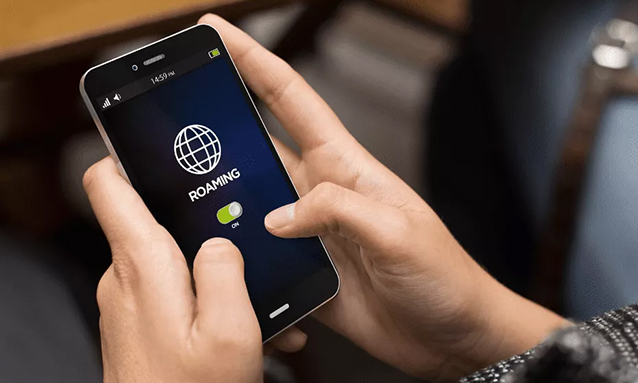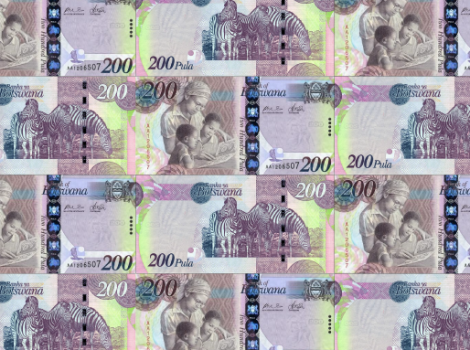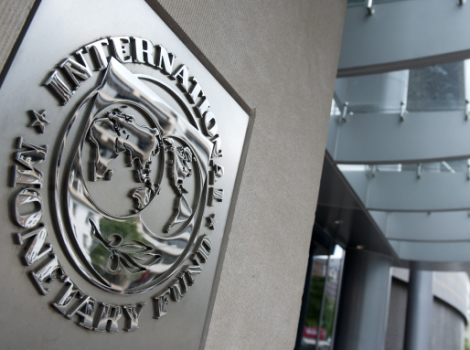
16 June 2023
The governments of Malawi, Zambia, Zimbabwe, and Botswana have announced that they will remove mobile roaming charges for their citizens starting in August. This initiative is part of the Southern African Development Community’s (SADC) efforts to establish a One Network Area (ONA) and to move closer to a single digital market.
Mobile roaming is a service that enables mobile phone users to stay connected while travelling outside the coverage area of their home network. Before the scrapping of the charges, the home network, Econet/NetOne/Telecel for instance, pays the visited network, MTN/Vodacom for instance, for the services used by the user, and the user is charged by their home network, usually at a higher rate, resulting in high mobile bills for travellers.
The SADC is not the only regional bloc in Africa to pursue a single digital market, as the East African Community is also implementing similar measures. The elimination of roaming charges is expected to benefit businesspeople like Mercy Kachere, who often travel across the four countries for work and have been burdened by high communication costs. Mercy Kachere, a Malawian businesswoman, told DW:
“This is good news to any citizen from these countries. As a business lady, I travel a lot to these countries to procure different goods for my stationery and textile retail shops in my home country Malawi.
I have been subjected to interrupted phone conversations with my family members each time I travel because of the high costs that mobile phone companies charge on mere phone and voice calls, including roaming service.
My only request is that it spreads across Africa if communication on the continent is to improve as it affects many business operators.”
The move towards a single digital market is also viewed as crucial for regional integration and could potentially reduce costs for consumers. However, the report also highlights the challenges of connecting the many unconnected people in Africa, particularly those living in remote areas that traditional mobile networks do not reach. According to a 2019 report by the World Bank/UN Broadband Commission, innovative and alternative solutions will be necessary to achieve universal, affordable, and good-quality broadband internet access by 2030.
Sam Ndlovu, a manager at a media organisation in Zambia and a regular traveller, believes that roaming charges have been excessive. Ndlovu told DW:
“At times, you are forced to buy sim cards for networks of the country you are visiting, which turns out to be really expensive. “
In an interview with DW, Mark Setshwane, the director of business and development for Botswana’s communications regulatory authority, said a single digital market “is quite important for our region in many forms.”
“This is one model of regional integration that we have managed to achieve as SADC. We are small economies, but there is always power in numbers,” Setshwane added.
However, connecting Africa’s unconnected population remains a significant challenge. The 2019 World Bank/UN Broadband Commission report estimates that nearly 1.1 billion new users need to be connected to achieve universal, affordable, and good-quality broadband internet access by 2030, requiring an estimated additional $100 billion in funding over the next decade. Innovative and alternative solutions are needed to connect the nearly 100 million people living in remote areas outside of the range of traditional mobile networks.
Source: https://www.pindula.co.zw/2023/06/16/4-sadc-governments-scrap-mobile-roaming-charges-for-citizens/



